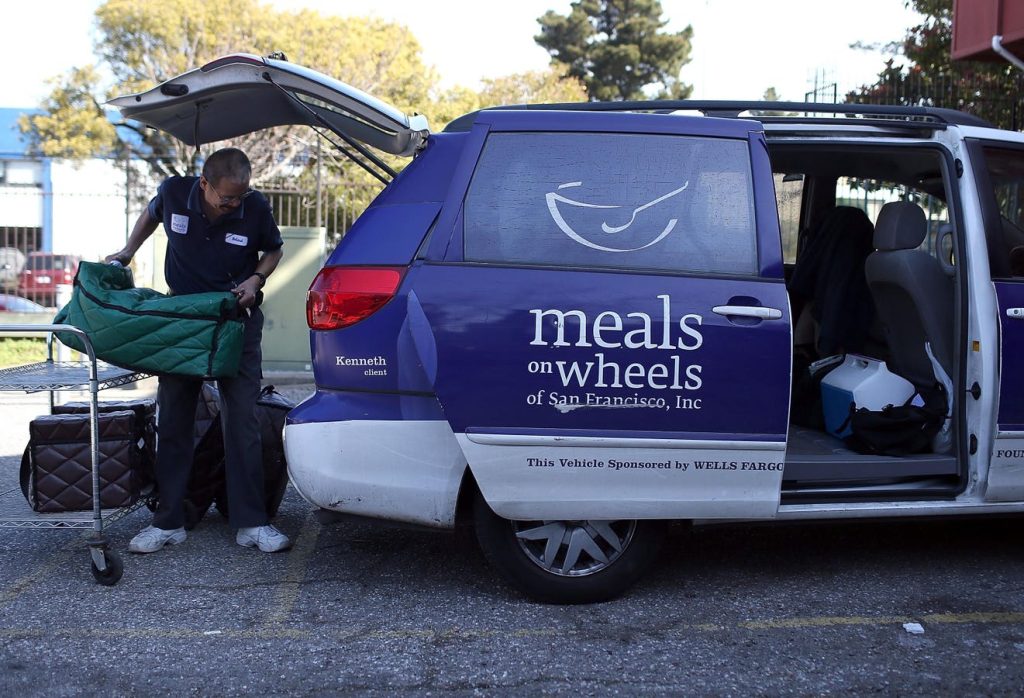The Older Americans Act (OAA), a cornerstone of federal support for senior citizens, faces an uncertain future due to a political standoff. The OAA, which funds essential programs like Meals on Wheels, senior transportation, and caregiver support, was on the verge of a five-year reauthorization and a 20% funding increase. However, it became entangled in a year-end spending bill dispute between President-elect Trump, Elon Musk, and Republican congressional leaders, ultimately leading to its removal from the budget measure. This leaves the OAA vulnerable to potential spending cuts and its fate undecided until at least next spring, despite continued funding at current levels until March.
The OAA’s predicament stems from its technical status as an “unauthorized” program. Federal programs typically undergo a two-step process: authorization by Congress, usually every five years, followed by annual appropriations to fund operations. While the OAA has operated for nearly 60 years, its authorization has lapsed. Although the Senate unanimously voted to reauthorize and increase funding, the House did not, and the omnibus spending bill that would have addressed this failed due to the aforementioned political wrangling. This leaves the OAA open to targeting by those seeking to reduce federal spending.
Elon Musk and Vivek Ramaswamy, leading an unofficial Trump-backed initiative called the Department of Government Efficiency (DOGE), have explicitly stated their intention to eliminate unauthorized federal programs, placing the OAA squarely in their sights. They argue that these programs, representing over $500 billion in annual expenditures, lack proper congressional oversight. The OAA is one of about two dozen such programs, making it a prime target for DOGE’s cost-cutting efforts.
Despite the threat posed by DOGE, the OAA enjoys significant bipartisan support in Congress. Representative Elise Stefanik, a staunch Trump ally, has introduced a bill to reauthorize the OAA, and many of its constituent programs, like Meals on Wheels, are highly popular. However, these programs are also chronically underfunded, making them susceptible to across-the-board budget cuts that some Republicans are demanding to offset tax cuts or reduce the federal deficit. This could negate the proposed funding increase or even lead to deeper cuts until the OAA is reauthorized.
The potential consequences for the OAA range from the loss of a planned funding increase to more drastic scenarios, such as substantial budget cuts or the elimination of federal staff managing OAA programs. While the likelihood of Congress completely eliminating popular programs like Meals on Wheels is low if voted on individually, the risk of significant reductions remains real, especially if implemented as part of broader budget cuts impacting all domestic programs.
The future of the OAA is shrouded in uncertainty, reflecting the unpredictable nature of the incoming administration’s policy direction. Congress could swiftly reauthorize the OAA upon its return, alleviating the political pressure. The DOGE initiative might lose momentum, as have similar past efforts. Trump himself may shift his focus away from spending cuts, as he did during his first term. However, for now, the OAA and its beneficiaries remain trapped in a paradoxical situation: targeted for cuts due to its unauthorized status, yet unable to secure reauthorization because the very bill that would have done so was derailed by the same administration now threatening its funding. This places the essential services provided by the OAA, and the older adults who depend on them, in a precarious position.

